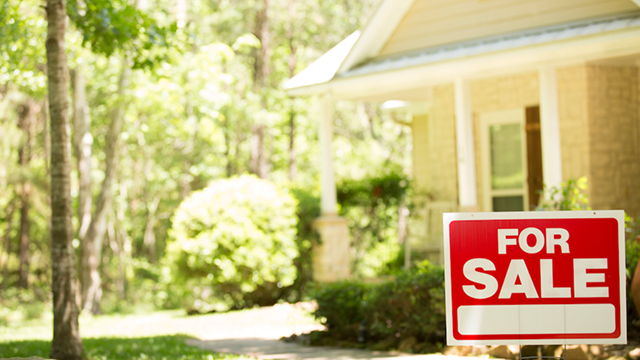Coronavirus Could Mean Another Epic Meltdown for U.S. Home Prices
MEDIA CONTACT: Paul Owers
561-379-8597, powers@fau.edu

Not many house hunters will feel comfortable making such a major decision during the pandemic, and those who do likely will have trouble getting financing, according to Johnson. What’s more, social distancing requirements have curtailed in-person house visits, and virtual tours aren’t an adequate substitute for many buyers.
While mortgage rates are near historic lows now, rates almost certainly will rise, as lenders anticipate higher levels of default amid mounting job losses and salary reductions. The higher rates will further push down demand.
The housing market already was nearing a correction before COVID-19, so an effective treatment or vaccine established in the next few weeks should translate to only about a 5 to 10 percent drop in home prices, followed by a relatively quick recovery, according to Johnson.
“But if this lasts for many months, it could easily rival or surpass what we saw during the last housing crash,” Johnson said.
During the housing collapse of 2006-2011, homes in many markets nationwide lost half or more of their values. The market didn’t start to recover until investors acquired properties at deep discounts to renovate and resell or rent.
Staying at home and practicing social distancing are helping to reduce the spread of COVID-19, but even loosening or eliminating those orders in the next month won’t be enough to jump-start the housing market without a treatment or vaccine to combat the virus, Johnson said.
“Uncertainty destroys value,” he said. “The more uncertainty there is, the more a potential buyer will discount the value of the home and overestimate the cost of ownership.”
Johnson advises sellers to wait out the pandemic before putting their homes on the market, and buyers who need mortgages also should plan to remain on the sidelines. Only cash buyers looking for big bargains stand to benefit from the current climate, in which it’s not possible to reliably predict such barometers as price and days on market.
“With a ceased housing market, we will have to revert to gut and common sense to tell us what will happen,” he said. “This is a very scary thing for housing as we have never been here before.”
-FAU-
About Florida Atlantic University: Florida Atlantic University, established in 1961, officially opened its doors in 1964 as the fifth public university in Florida. Today, the University, with an annual economic impact of $6.3 billion, serves more than 30,000 undergraduate and graduate students at sites throughout its six-county service region in southeast Florida. FAU’s world-class teaching and research faculty serves students through 10 colleges: the Dorothy F. Schmidt College of Arts and Letters, the College of Business, the College for Design and Social Inquiry, the College of Education, the College of Engineering and Computer Science, the Graduate College, the Harriet L. Wilkes Honors College, the Charles E. Schmidt College of Medicine, the Christine E. Lynn College of Nursing and the Charles E. Schmidt College of Science. FAU is ranked as a High Research Activity institution by the Carnegie Foundation for the Advancement of Teaching. The University is placing special focus on the rapid development of critical areas that form the basis of its strategic plan: Healthy aging, biotech, coastal and marine issues, neuroscience, regenerative medicine, informatics, lifespan and the environment. These areas provide opportunities for faculty and students to build upon FAU’s existing strengths in research and scholarship. For more information, visit fau.edu.